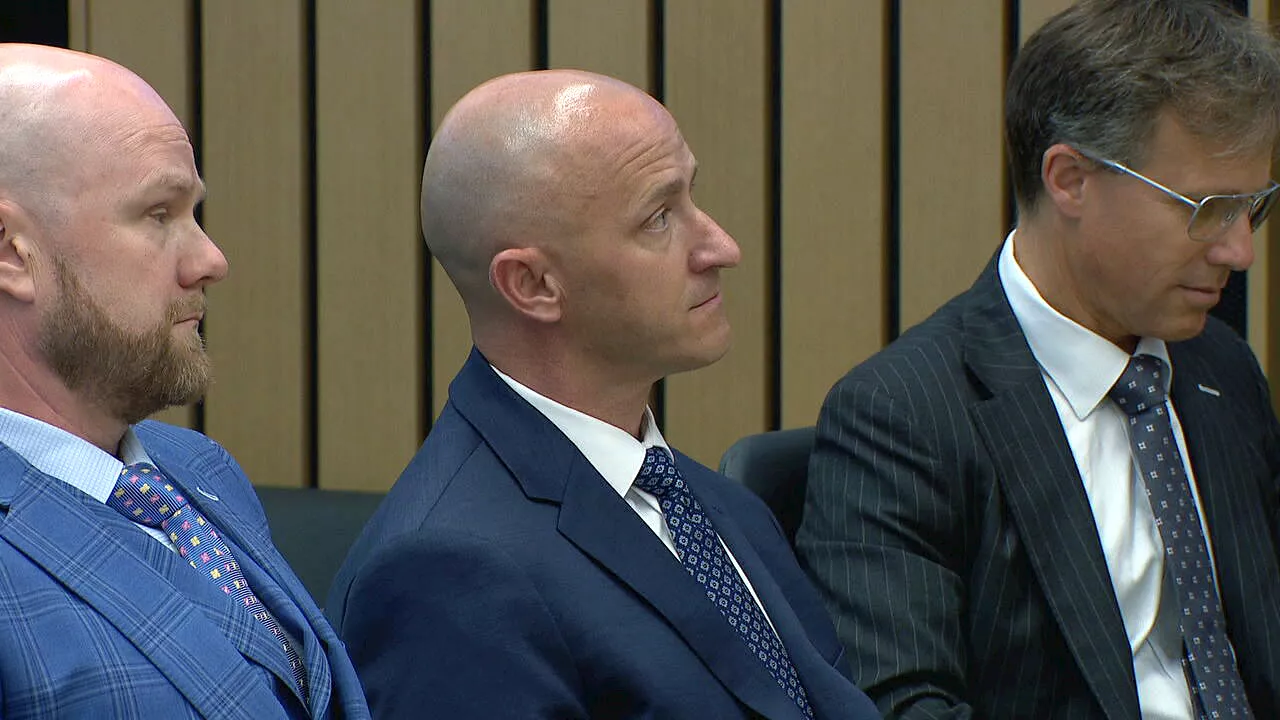UPDATE: The CDC has just announced a significant revision to its stance on the relationship between vaccines and autism, acknowledging that the claim vaccines do not cause autism is not evidence-based. This urgent update, released today, reflects the agency’s recognition of ongoing research and the complexities surrounding autism spectrum disorder (ASD).
This change is crucial as it marks a departure from the long-held position that vaccines are completely safe from any link to autism. The updated language on the CDC’s website states that studies have not fully ruled out the possibility of a connection between infant vaccines and autism, a sentiment that has ignited fervent debate among medical professionals and parents alike.
In response to the growing concerns, the U.S. Department of Health and Human Services (HHS) has launched a comprehensive assessment to explore the potential causes of autism, including plausible biological mechanisms and any causal links. This assessment is a proactive step aimed at improving the understanding of ASD, which affects millions of families across the nation.
While the CDC’s website still displays the phrase “Vaccines do not cause autism,” an asterisk now indicates that this statement has not been scientifically confirmed, a critical shift in communication that has generated varied reactions from both supporters and skeptics of vaccination.
Mary Holland, president and CEO of Children’s Health Defense, praised the CDC’s updated stance as a recognition of the complexities and risks associated with vaccines. “The CDC is finally beginning to acknowledge the truth about this condition that affects millions,” she stated, challenging the previously unwavering declarations against any vaccine-autism link.
Conversely, organizations like the American Academy of Pediatrics maintain that extensive studies have consistently found no credible evidence linking vaccines to autism. They emphasize the importance of vaccinations in preventing serious diseases, reinforcing that the safety of vaccines remains a priority.
The implications of this revised language are profound, particularly as the latest data from the CDC shows a troubling increase in ASD diagnoses. Approximately 1 in 31 children born in 2014 were identified with the disorder, a stark contrast to 1 in 150 in 2000. These figures underscore the urgent need for ongoing research into the causes of autism and the relationship that vaccines may play.
This development is particularly relevant as it reflects a broader conversation about public health, vaccine confidence, and communication strategies. The CDC’s shift in messaging aims to address the complexities of autism while acknowledging the limitations of existing research.
The updated information has sparked renewed interest and debate, indicating that the scientific community will continue to explore the origins of autism. As the HHS assessment unfolds, the outcomes could influence vaccine policies and public health messaging in significant ways.
Experts and interested parties are urged to monitor this situation closely, as the implications of these findings could reshape the landscape of pediatric healthcare and parental decision-making regarding vaccinations. The CDC’s evolving communication strategies will be critical in fostering trust and understanding among the public.
As this story develops, the public is encouraged to stay informed about the findings of the HHS assessment and the ongoing research surrounding autism. This urgent update is just the beginning of what could be a pivotal moment in the discourse on vaccines and their role in public health.







